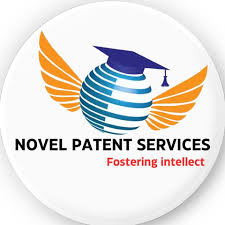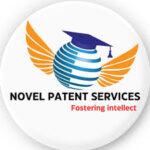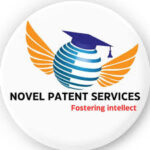National Phase Application
A national phase application is a stage in the process of obtaining a patent in a foreign country.
A national phase application is a stage in the process of obtaining a patent in a foreign country.
When a patent application is filed under the Patent Cooperation Treaty (PCT), it is initially filed with an international application receiving office (ARO)
The international application is then subjected to a formalities examination by an International Searching Authority (ISA), which provides an international search report (ISR) and a written opinion on patentability.
After that, the applicant has the option to enter the national phase in various countries by filing a national application within a certain period, usually 30 or 31 months from the priority date.
During the national phase, the applicant must comply with the requirements of each national or regional patent office, including paying the required fees and filing translations of the application and other documents as necessary.
The examination and grant of the patent are then handled by the national or regional patent office, based on their own laws and regulations.
The national phase application process can be complex and time-consuming, and it may involve different requirements and procedures in each country.
It is often advisable to seek the assistance of a patent attorney or agent who is familiar with the relevant laws and practices in the countries where protection is sought.
CAN I FILE A NATIONAL PHASE APPLICATION MYSELF?
- Yes, you can file a national phase application on your own.
- However, it is important to keep in mind that the process can be complex and there are various procedures and legal requirements that must meet to successfully obtain a patent in a foreign country.
- Filing a national phase application involves navigating the specific requirements and procedures of each country or region where protection is required.
- This can include requirements related to translations, fees, and other documents, as well as compliance with local patent laws and regulations.
- For these reasons, many applicants choose to work with a qualified patent attorney or agent who has experience with national phase applications in the relevant jurisdictions.
- A patent attorney or agent can help to ensure that all requirements are met and that the application is filed correctly and on time.
- If you do decide to file a national phase application on your own, it is important to carefully review the requirements of each country or region where you are seeking protection.
- This may require significant research and familiarity with local laws and regulations.
Overall, while it is possible to file a national phase application on your own, it is important to carefully consider the potential risks and benefits of doing so and to ensure that you are fully informed about the relevant laws and procedures in each jurisdiction.
RISKS OF FILING NATIONAL PHASE APPLICATION
Missing deadlines
Each country or region has its own specific deadlines and requirements for filing a national phase application. If you are not familiar with these requirements, you may inadvertently miss a deadline or fail to provide necessary documents, which can result in the loss of patent rights in that jurisdiction.
Failing to meet legal requirements
The process of obtaining a patent in a foreign country requires compliance with local laws and regulations, which can be complex and nuanced. If you are not familiar with these requirements, you may inadvertently fail to meet legal requirements, which can result in the rejection or invalidation of your patent application.
Language barriers
Some countries require that patent applications be filed in the local language or translated into the local language. If you are not fluent in the language of the country where you are seeking protection, you may face challenges in accurately translating your application, which can impact the clarity and effectiveness of your patent application.
Lack of familiarity with local patent systems
Patent systems can vary significantly from country to country, and it can be challenging to navigate these systems if you are not familiar with them. This can result in delays, rejections, or other challenges in obtaining a patent in a foreign country.



